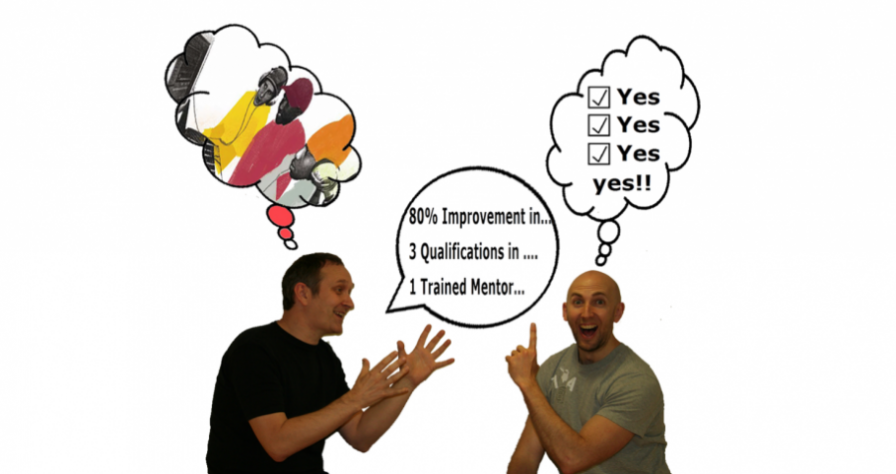Articulating the Benefit of Your Work

As musicians our work usually speaks for itself. In the words of Mr Wonder “Music is a world within itself with a language we all understand” As music leaders who are also musicians, I think we sometimes expect others to look at our work with the same level of understanding.
We know that the audience for our music has grown up with an appreciation of melody, harmony and rhythm and an expectation that the lyrics are likely to have some relevance to them. The people that need to hear about our music leading work are an audience that requires a very different approach using a different kind of language.
Some of this audience consist of funders, authorities, helpers, partners and potential partners. They don’t necessarily care how much fun everyone had or how many people came to see the show at the end of the project. As inspirational and fulfilling as our work may be, the truth is that the people who need to know about the benefit of our work, the people who can help us progress grow and achieve more, may not even like music or young people. Most of the music leaders I meet (especially the most effective and inspirational) don’t think of it as a job. It’s more a vocation. Whereas some of the people in this audience just have a job. When speaking to someone who only has a job we have to convince them of the relevance and of our work to their job. We have to learn their language. As music leaders we have inspiration, vision, empathy and imagination. People with jobs have targets.
Others in this audience may be parents or teachers who need to be reassured of the quality of our work. All of these people need to be shown how the benefits most directly relate to them using their language.
Here are two of the clearest ways in which we can communicate the benefit of our work to this audience.
1 We can use statistics. While as musicians, we might say “It was an amazing end off project gig”, it might well mean nothing to this audience. But they are more likely to understand and value something like “80% of participants who performed in front of an audience achieved their bronze Arts Award”. Yes, stats are dull and they do nothing for the musician in us but they are finite and easy for them to understand.
2 We can talk about the outcomes of our work. These are the differences that our work makes. “We had a great young singer who left to go to college” becomes “one of our participants has progressed to further education” The youth music network has a good resource pack that clearly explains how to identify and articulate the outcomes of your work.
If you write a blues song then you know that your audience is quite likely to have an interest in what happened when you woke up this morning. If you are trying to tell a school about the benefits of your work you might show how students attendance has improved as a direct result of your work. For some of them getting up at all in the morning might be a dramatic improvement in behaviour. As a musician if you can get people to your gig and you play well then you are more likely to sell Cds and get more gigs. If you can get someone from this new audience to come and see your work and explain what is happening, clearly, in a language they understand, then they are much more likely to engage with you.
Even though we might know how good our work is, we should ask ourselves why should they care, do they understand and what difference does it make to them?
